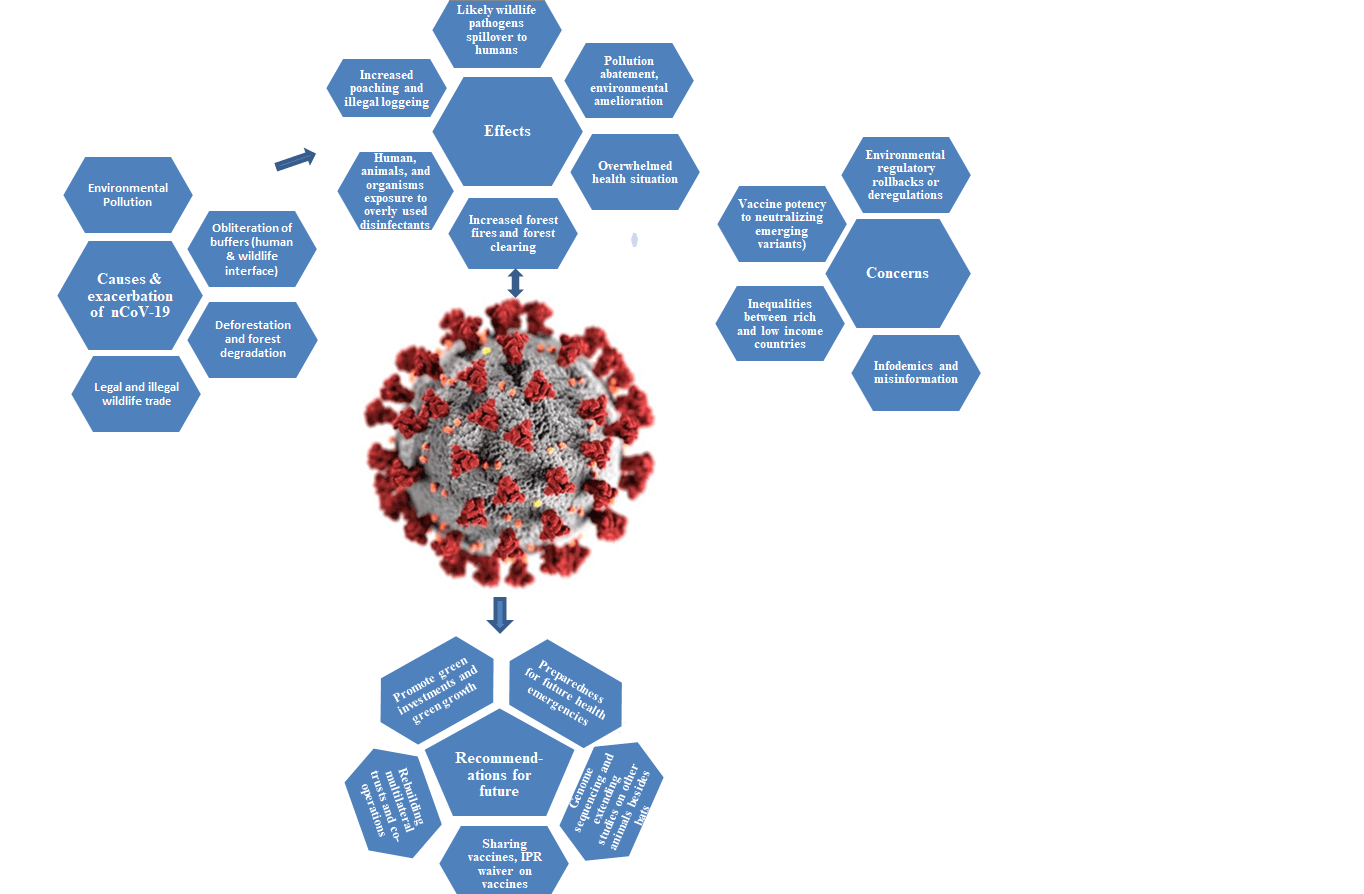Scientific Program
Keynote Session:
Oral Session 1:
- Environmental Sustainability | Environmental Science | Recycling | eWaste & Waste Management
Title: A Comprehensive Review on COVID-19 Pandemic: Causes, Effects, and Concerns From Environmental Perspective
Biography:
Abstract:

A PHP Error was encountered
Severity: 8192
Message: trim(): Passing null to parameter #1 ($string) of type string is deprecated
Filename: pastconference/past-program-schedule.php
Line Number: 354
Backtrace:
File: /efsdata/meetingsint-com/application/views/pastconference/past-program-schedule.php
Line: 354
Function: trim
File: /efsdata/meetingsint-com/application/controllers/Pastconference.php
Line: 128
Function: view
File: /efsdata/meetingsint-com/index.php
Line: 317
Function: require_once
Title: Only Environmental Science Act as Natural Bio-medicine Preventive Epidemic Model of 21st Century Pandemic Diseases
Biography:
Subhas Chandra Datta is working as a Secretary & Researcher, Kanchannagar D.N.Das High School (Hs) in India
Abstract:
Many ‘Viral Epidemics Human Challenges’ has been faced from past two decades like the ‘Midst of 5th Pandemic COVID-19, coming from animals’, effects on environmental science, more than 88 million infections and more than 1.8 million death of human lives, humancivilization, agriculture, global socio-economy, health-travel-education, and clinical-research, professional and social life, and increases long term neurological-effects causing the risk of cognitive decline and dementia later in life also in the world. The low-income-households, senior-citizens, and street-children are not able to manage. So the scientists and engineers all over the world collectively have been tried to speedily develop proper cost-effective allergic-free vaccines against novel coronavirus for total global recovery by initiative policy, and the Government of India has necessitated to the formulation of a new outlook and strategy for Science, Technology, Innovation and Policy (STIP) by the way of its decentralized, bottom-up and inclusive design process aims to strategize priorities, sectorial focus and methods of research and technology development for larger socio-economic welfare, based on the theme “Vision 2040” that would help policymakers, and the global public and private partnerships may allow more entities ‘Common Goals’ for the effective advancement of science and technology- ‘Innovative Partnership’ and fulfill the objectives and resources that would retain the human civilization's in the ‘Old or New Normal Forms’. India emphasis as a preventive measure against diseases on consumption of different essential and important nutritious weeds, vegetables and fruits like amaranth, okra, cowpea and cucumber etc., as well as traditional medicine, the “Nature’s Gift” to human disease-free healthylife, is naturally infected with many diseases, significantly reducing food-production. Although pesticides are the most effective means of control, but they are not, cost-effective, and environment-friendly, creating different health hazards, and climatic changes that impact the global economy also. Many biomedicine or bio-agents or bio-pesticides or phytomedicines are very much effective and useful for controlling different diseases caused by pathogens, including SARS-CoV-2/COVID-19, causing some problems by decreasing natural resources, biodiversity conservation, and not always cost-effective. Then, the use of ‘Homeopathy’ may solve all the problems. But it has some cost. Then, to overcome the present epidemic COVID-19 disease, it is planned for greater prevention to intercropping would help in identifying the “Susceptible Traditional Catch Vegetable Fruits Crop Biomedicine Plants” for possible control of plant diseases caused by different pathogens, by boosting the human immune system. But it is not successful in all cases.
Title: Marine macroalgae - applications in the industrial sector and therapeutic potential
Biography:
Ana Marta Goncalves has her expertise in the evaluation of biochemical pathways and the impacts of stressors in aquatic species to assess and improve the health status of the ecosystems and wellbeing. Her interests are also focused at the valorization of marine resources and their applications to food industry. Sustainable and healthy food products from marine resources (seaweed) are developed for a premium diet with appropriate nutritional balance and potential functional benefits based on a circular economy production. Based on the response of aquatic species to stressors and on the mode of action, her studies also highlight the best biomarker to function as early warning indicators. These tools can be used to monitor water changes and provide a broad measure of the impacts, with particular interest to the management of aquatic systems. This approach allows to assess the body condition of the individuals and to characterize the diet food source.
Abstract:
At the last decade increased the interest and search for new natural compounds from marine biodiversity to discover novel bioactive substances. It is expected that many naturally bioactive marine compounds with novel structures and bioactivities may be found among marine metabolites. Moreover, there is also an urgent need for bioactive compounds environmentally friendly or with “green” chemical properties. Still, there is a long way from discover to the applications of this new natural compounds, because they need to be cost efficient and be economically viable from an ecological point of view. Marine macroalgae produce significant amounts of primary and secondary metabolites that present a wide variety of bioactive properties, including antioxidant, antiviral, antimicrobial, antitumoral, anti-inflammatory, anti-aging or immunomodulatory potential, with also antibiotic properties. These molecules are promising candidates for many possible applications such as in pharmaceutical, nutraceutical, cosmetic and medicine areas but also in agriculture or feeding. These applications may promote several benefits to humans’ daily life, and so to a better quality of life. Still, some substances may be poisonous to humans and to other organisms, or become toxic upper to a certain quantity. In this topic will be focused the marine macroalgae benefits, applications in industrial sector and therapeutic potential.




